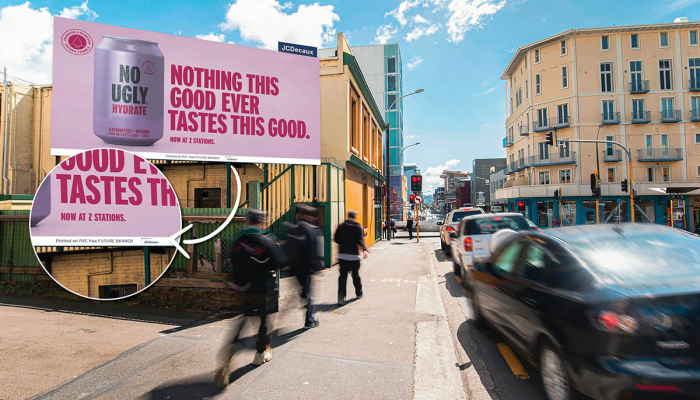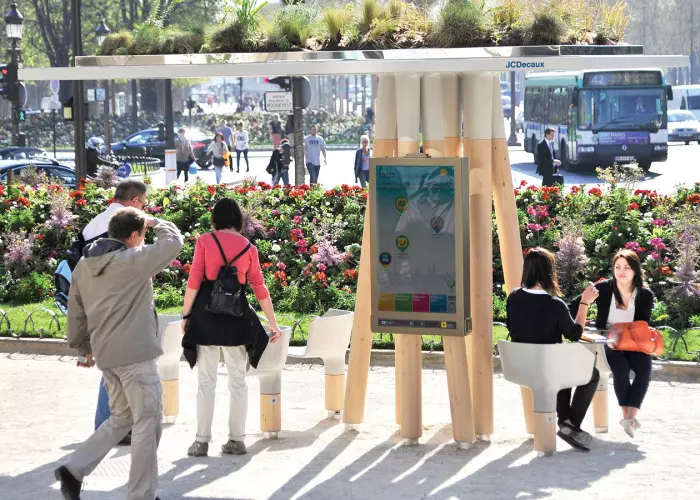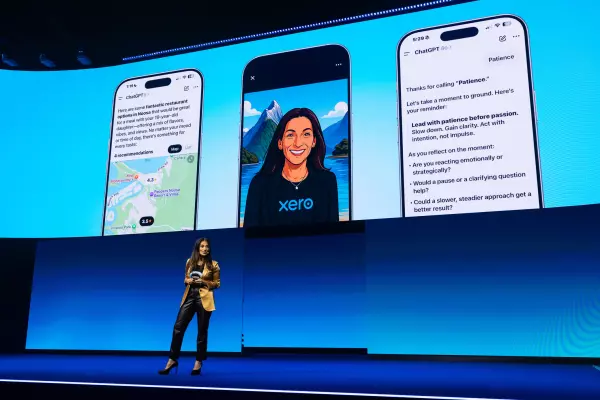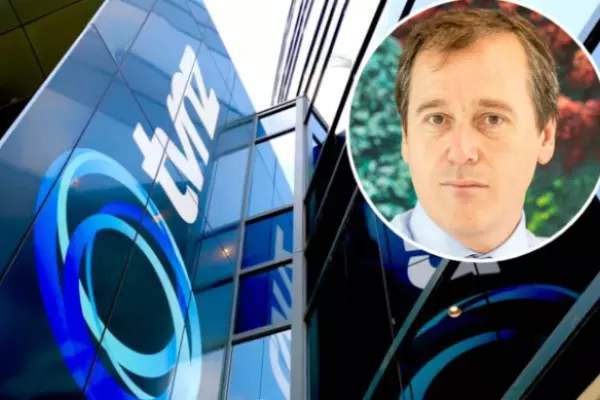Market-leading out-of-home advertising company JCDecaux New Zealand is leading the way locally when it comes to environmental and social responsibilities, says NZ head Mike Watkins.
“This is a fundamental part of our business strategy globally and we are proud that we’re leading the way in the media industry in New Zealand with our initiatives. We recognise that carbon neutrality is just the tip of the iceberg and that’s why we’re prioritising sustainability through multiple initiatives,” says Watkins.
Social impact and sustainability, he says, are at the core of the JCDecaux Group’s business strategy globally. Since the group’s inception in 1964, the success and reputation of the company has been built on strong values, he points out.
These values have guided the actions that are core to JCDecaux’s culture globally and in New Zealand.
“We take our responsibility seriously and have implemented several initiatives to ensure we are leading the way when it comes to ESG, not just within the out-of-home industry but across the broader media industry. JCDecaux New Zealand ensures it plays a part in having a positive social impact,” says Watkins.
This year, JCDecaux NZ is using the company’s globally developed 2030 ESG Strategy to guide local operations with a range of kiwi-flavoured initiatives.
Environmental leadership
Carbon neutrality is a key proof point in JCDecaux’s claim to New Zealand leadership - but is just the first in a cascade of other initiatives.
In 2018 JCDecaux became the first out of home media company in New Zealand to be certified as carbon neutral when it achieved Toitū Envirocare net carboNZero status. After a brief hiatus caused by the impacts of Covid-19, JCDecaux proudly reaffirmed this in May 2022 and will continue to do so annually ongoing into the future, Watkins says.
In line with this, JCDecaux New Zealand is leading the way locally in the media industry offering more environmentally sustainable products.
In 2020 New Zealand launched PVC free ‘Future Banner’ across static large format billboards. This is a more environmentally friendly skin that reduces landfill waste and can be recycled through farm fencing post maker Future Post to provide environmentally friendly fence posts across New Zealand.
 PVC-free Future Banners
PVC-free Future Banners
To help customers demonstrate their own commitment to sustainability, JCDecaux recently launched sustainability footers across their static and digital advertising portfolio – an option available to advertisers that confirms to audiences that the advertiser has made a responsible outdoor advertising choice.
As a global business, JCDecaux was the first out-of-home company to join the RE100 – a global leadership initiative committed to 100% renewable energy. JCDecaux New Zealand is the only pure out-of-home media company to be part of the RE100 in New Zealand.
Other sustainability initiatives on the horizon in the near future include ‘Switch-Off’ – an energy consumption reduction plan, where all JCDecaux’s digital assets and illumination will be turned off during the quieter early hours of the morning. The project is planned to commence this year, with the full network included by 2025. Meanwhile, the company uses energy efficient LED illumination on all new sites developed and has a programme of retrofit replacement for legacy sites to be completed by 2025, Watkins says.
Social leadership
JCDecaux places emphasis on the importance of its industry leadership position in corporate social responsibility in New Zealand.
A diverse work force is already in place, but the team is not resting on its laurels. “We are proud to keep striving for a more diverse and inclusive workplace – we are committed to an equal gender split in senior leadership roles by 2027, have undertaken a gender pay review to ensure equal pay for equal work, and have established a D&I Committee to run a range of education and inclusion initiatives throughout the year” Watkins says.
Finding ways to express its global corporate social responsibility values with a New Zealand focus has resulted in working with uniquely kiwi charities and not-for-profit partners, he says.
In 2021/2022, JCDecaux provided $4.3m value of media space to partners including Haumi – Māori cultural awareness programme, Crescendo Trust and Cure Kids.
“We signed an ongoing partnership with Māori-owned design studio Haumi which will see a series of creatives run across the JCDecaux outdoor advertising network to showcase indigenous art, culture and heritage across the country. We have sought to showcase Māori culture across Aotearoa aiming to create conversations and awareness in public spaces,” Watkins says.
Supply chain scrutiny is a major focus for JCDecaux NZ, Watkins says. “Here in New Zealand, we partner with suppliers who are committed to the appropriate standards of commercial behavior in line with our global expectations.”
That means JCDecaux NZ is committed to selecting supply chain partners with sustainability plans in place, in line with its global charter of ethics.
In addition, JCDecaux globally is committed to ensuring its operations and supply chains are free from modern slavery practices. Watkins says the business has a primary focus on ensuring that it is mitigating risk in areas of the business that have a higher propensity to modern slavery such as those through the supply chain.
Watkins points to a clear commitment by JCDecaux to the fight against corruption globally. The company’s whistleblowing policy ensures every employee of JCDecaux including third parties, has a safe pathway for reporting non-compliance within the business, including areas of modern slavery.
“As a leading media business in the New Zealand marketplace, we believe it’s our duty to prioritise and actively engage in ESG initiatives. This has been a fundamental aspect of our company’s DNA since it started nearly 60 years ago and continues to be of paramount importance globally,” Watkins says.










